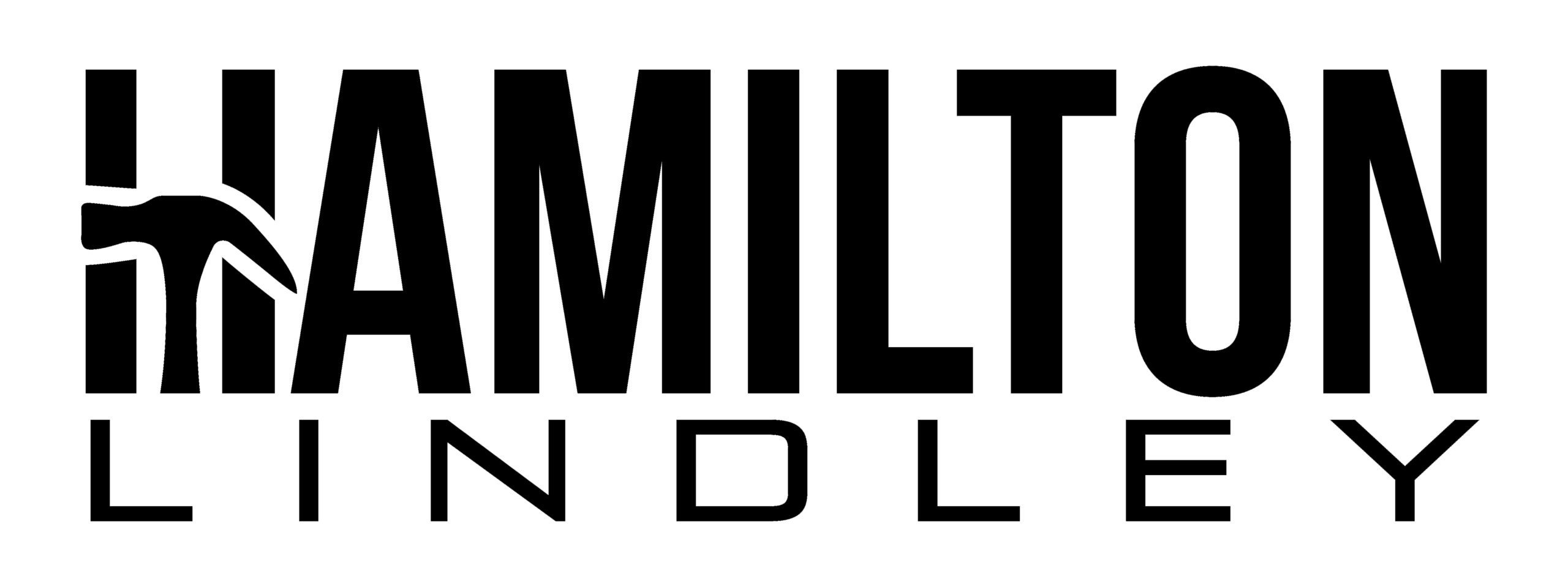When it comes to making great workplaces and successful teams, researchers point out three psychological needs: relatedness, competence, and autonomy. Studies show that when employees feel psychologically content, they are happier, healthier, and more productive.
Among these needs, relatedness—the desire to feel connected to others—has often been challenging for companies to foster. While working from home during Covid increased autonomy, the lack of proximity made it difficult to enhance feelings of connection.
Recent research indicates that high-performing teams found clever ways to strengthen social connections during the pandemic. These findings offer valuable insights into how any business can promote better connectedness, even in a remote or hybrid work setup.
Strategic Meetings:
- Successful teams handle meetings more strategically. They start with a check-in to keep everyone informed of progress, require prework from teammates, and have an agenda. This preparation leads to more collaborative and productive discussions.
Frequent Appreciation:
- Feeling valued and appreciated is crucial for relatedness. High-performing teams give and receive more regular recognition, not only from supervisors but also from coworkers. Appreciation becomes a cultural norm that everyone contributes to.
Effective Communication:
- Despite the decline of phone calls at work, high-performing teams use them more frequently. They are significantly more likely to call colleagues, fostering stronger relationships and preventing misunderstandings.
Bonding Over Non-Work Topics:
- Discussing non-work matters has its benefits. High-performing teams are more likely to spend time at the office talking about personal topics with coworkers. They also engage in social activities like lunch, drinks, or coffee, fostering authentic connections.
Authenticity at Work:
- Members of high-performing teams express positive and negative emotions authentically. They use humor, compliments, and even sarcasm, contributing to a workplace with psychological safety and individual well-being.
Creating a high-performing remote or hybrid team involves more than hiring the right people and providing tools. It requires building opportunities for authentic relationships. Implementing simple, evidence-based practices can enhance friendships, improve meetings, and boost communication, meeting the basic psychological need for relatedness and enhancing overall team performance.

